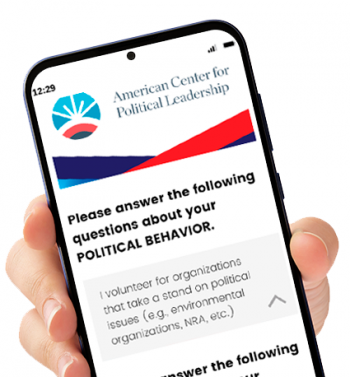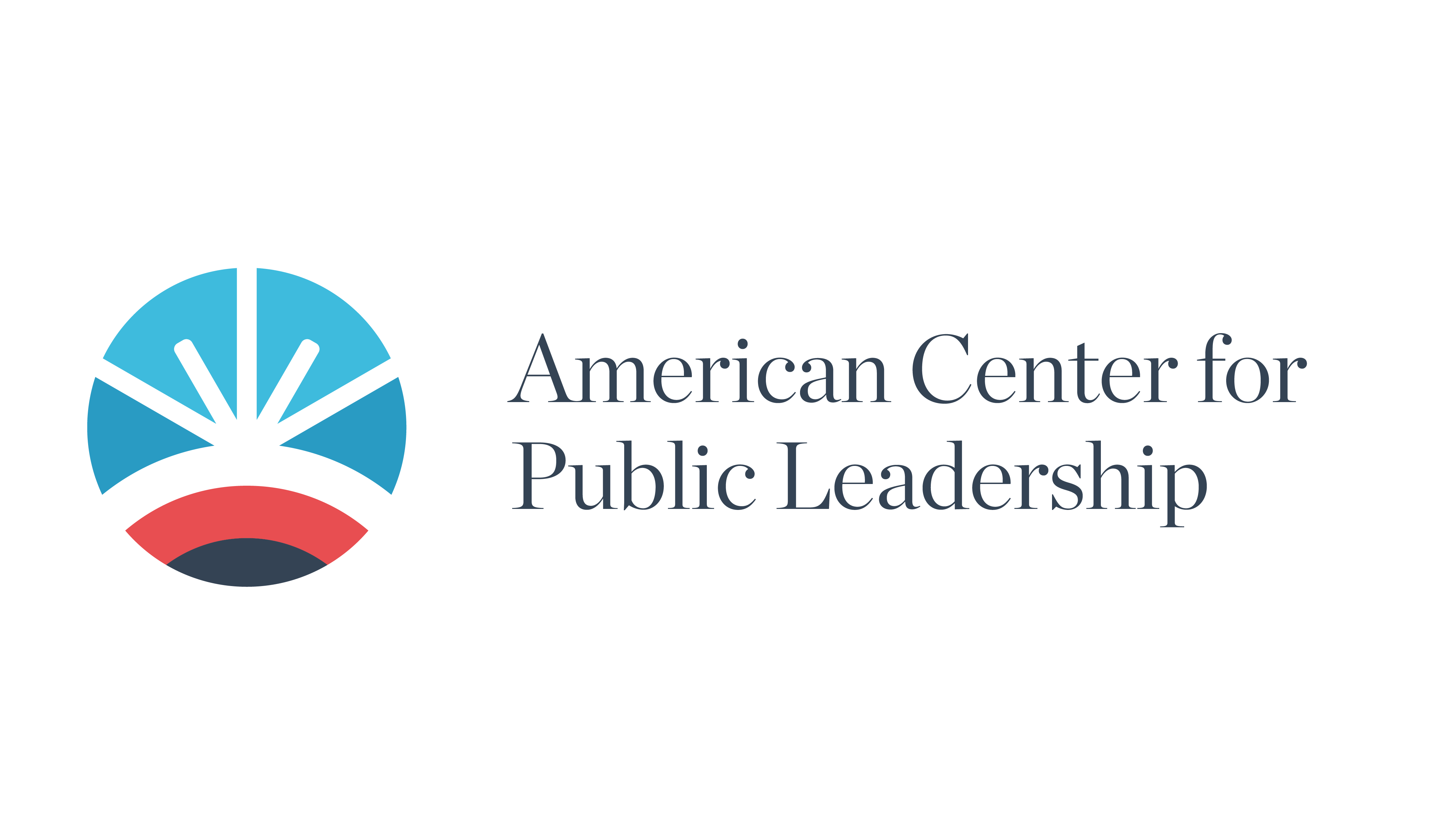About This Project
The National Survey of American Civic Health was constructed for the purposes of understanding the beliefs, practices, and life experiences of Americans that vary in their overall levels of civic literacy (basic knowledge of the Constitution and political processes), civic engagement (voting, political advocacy, volunteerism) and capacity for constructive political deliberation (tolerance for political difference and humility in political discourse). The survey was administered to more than 5,000 Americans from spring to summer 2021. The data collected matches the U.S. Census related to race, ethnicity, gender, age (over 18), and educational attainment.
This first-of-its-kind database is being used by ACPL investigators to answer a wide range of questions, including:
- Why do some Americans score high on various dimensions of civic health and low on other dimensions? Across all civic dimensions, what are the attributes of high vs. low scorers?
- What is the relationship between scores on the three measures of civic health and experiences in institutions such as schools, colleges, religious communities, workplaces, and the military?
- What role does family of origin and parental support play in explaining disparities in levels of civic health across populations?
- In what way are the three dimensions of civic health related? For example, does having more civic knowledge lead to increased civility and engagement? Or is there a negative relationship?
- Where should we best direct our efforts to turn the tide of incivility and develop citizens who can work together to solve the problems we face in our nation and the world?
What is the relationship between educational experiences and civic literacy? What educational experiences are associated with the highest levels of civic literacy?

The overall concept for the National Survey was introduced and refined at the
2020 ACPL Citizen-Scholars’ Symposia.
Project Investigators
Dr. Alberto Cabrera is Senior Scholar at the ACPL. He is also professor emeritus at the University of Maryland, and scholar-in-residence at the American University. His research interests include the impact of college on students, college choice, classroom experiences, minorities in higher education, college outcomes, and college graduates. He has been co-principal investigator in several grants. Dr. Cabrera has also advised and consulted with several universities in the USA and in Spain, Brazil, Mexico, and Chile. He has several awards including being a Fellow of the American Educational Research Association (AERA). In 2021, he received the Governor’s citation award in recognition for dedicated service to the state of Maryland.
Kristin Van Dorn is an associate researcher at the ACPL and a Ph.D. student in the Department of Organizational Leadership, Policy, and Development at the University of Minnesota, Twin Cities. Her research interests include the ways individuals acquire the skills to engage effectively in civic life. Kristin earned a Master in Liberal Studies from the University of Minnesota and a BFA in painting & 2D studies from the University of Massachusetts, Dartmouth. She is a Mercatus Center Adam Smith Fellow for the 2021-2022 academic year.
Dr. David Weerts is professor of higher education at the University of Minnesota, Twin Cities and a senior scholar at the ACPL. His research focuses on higher education and society with a particular emphasis on university-community engagement, state relations, and institutional advancement. He has published over 85 articles, book chapters, reports, and conference papers and has received research awards from the Association for the Study of Higher Education (ASHE), Council for the Advancement and Support of Education (CASE) and the National Forum on Higher Education for the Public Good. Dr. Weerts earned a PhD. in educational leadership and policy analysis from the University of Wisconsin- Madison.
Survey Details
The survey instrument was designed by project investigators Alberto Cabrera, Kristin Van Dorn, and David Weerts. The instrument draws on literature from several fields, and disciplines such as political science, education, and social psychology. The survey was programmed in Qualtrics by the University of Minnesota Office of Measurement Services in January 2021. The instrument and all data collection protocols were approved by the University of Minnesota IRB in March, 2021.
In March, 2011, Dynata, Inc., recruited panels to complete a pilot study of the online survey (500 respondents). The panels were selected to match U.S. Census data based on race, ethnicity, gender, and educational attainment. Upon collection of this data, investigators relied on item response theory to eliminate survey items that did not yield significant information related to the constructs. In addition, exploratory factor analysis was conducted to eliminate items and reconceptualize other items as a means to improve instrument validity.
The final survey was administered to the full sample of over 5,000 respondents between May and August 2021.
Does College Attendance Build Capacity for Constructive Political Discourse?
This study draws on pilot data from the National Survey of Civic Health to investigate the relationship between humility in political discourse and tolerance for political and educational attainment. The study finds that there is no relationship between tolerance and educational attainment but that humility is increased at the level of the associates degree. This first-of-its-kind study invokes new questions about whether colleges play a significant role in developing dispositions for constructive political discourse.
Join Us!
The ACPL welcomes new investigators to use the National Survey data and to collaborate on future projects. For more information, please contact David Weerts at dweerts@umn.edu.Contact the ACPL
American Center for Political Leadership
1000 Longfellow Blvd, Lakeland, FL 33801
acpl@seu.edu | 863.667.5051


Southeastern University
- 1000 Longfellow Blvd. | Lakeland, Florida 33801
- 863.667.5000
- SEU.edu
